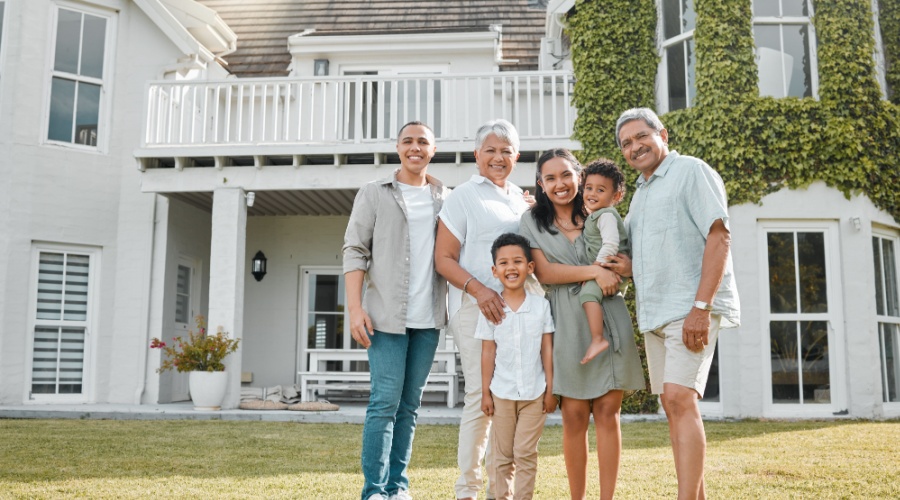When I was a child making friends was as easy as skipping out the front door of our home to see what the neighbourhood kids were up to on the street. More than sixty years later, in the midst of a pandemic, making friends as an older adult is not as easy, but it remains as central to our mental health as it was when we were young.
These days, I’m not intending to paint the sidewalk pink and blue with chalk for a spirited hopscotch game, but I intend to stay in touch with friends, old and new, near and far. Without friends, my life would be less meaningful, less joyous and downright lonely.
Take, for example, my Friday night get-togethers with long-time friends from university days. Since March 2020, a group of us meet on Zoom to share our week: what went well and what didn’t, current events, and personal issues. As the pandemic dragged on and on, this Friday night group became increasingly important to me. In fact, we haven’t missed one week in 15 months. I shudder when I consider how tough the last months would have been without my friends, given how difficult it can be making new friends when you are older or retired and confined to your home, as we are throughout the COVID pandemic.
Why Friendship Is Important During Old Age?
Friendship, both intimate and casual, plays a significant role in overcoming loneliness and illness as we age. The famous most extended longitudinal study of human development, the Harvard Study of Adult Development, which began in 1938 and continued for more than 75 years, explored these basic questions:
- Who would make it to ninety years old, physically capable and mentally alert?
- Who would build lasting and happy marriages?
- Who would achieve conventional or non-conventional success?
As George E. Valliant, the author of the book Triumphs of Experience, which chronicles the study, writes: “The only thing that really matters in life are your relations to other people.”
For seventy-five years, the answer to the Harvard study’s questions has remained consistent. People with strong ties and friendships with others remain more physically and mentally healthy than those without. These are the folks who make it to ninety, build lasting partnerships with spouses and others and are successful in their careers. As we grow older, retire, and often experience the loss of family, making and keeping friends becomes increasingly integral to our happiness. In Canada, as in other industrial countries, health professionals target loneliness as a severe danger to older adults, as harmful as smoking or lack of exercise.
Ways to Make Friends When You Are Older
As the pandemic numbers dwindle, more social activities will become available. It could become the perfect time to make new acquaintances or to re-kindle longstanding friendships. Warding off loneliness and depression while filling your calendar with new experiences can be as exciting as travelling to faraway locales. It’s all in how you view your life and how much of yourself you’re willing to share with others. Bringing joy, humour, intellect, or an empathetic listening ear to those longing for meaningful interactions is the quickest way to make new friends or nurture long-time ones.
Here are some ways on how to make friends when you are older:
- Be specific about what you are searching for on the Web. The Internet can provide a myriad of online clusters of inquiry where those with shared hobbies and interests meet. I spend at least one hour each weekday checking sites that relate to literature, journalism, and publishing. I’ve connected with other people to share methods to improve writing along with searching for new authors or publications. Each week I find myself signing up for email announcements and bulletins. Many of these events appear online and can be attended through Zoom.
- From the comfort of your home, Zoom is an ideal place to make friends or to stay in touch with long-time friends. Teach yourself to use this software (and others like it), which connects you visually and/or audibly to one person or to dozens sharing an event, attending a speech or conference – or simply chatting.
- No need to disregard the telephone. When I wish to enjoy a heart-to-heart conversation or renew a friendship, I rely on the phone. It’s where discussions can be more intimate, more heartfelt. It’s lovely to hear another person’s voice after not seeing them for months. Try to set up your calls in advance, so there’s an opportunity to schedule the conversation to not interfere with other activities.
- Consider attending classes at your community seniors’ centre. Recreation centres for older Canadians will likely be re-opening during the summer. There’s no better place to make friends later in life. If you check your municipal and regional websites, you’ll find listings for courses that pique your curiosity. Meeting those with shared interests, everything from playing pickleball to mahjong to language classes is available. When you interact with the same people during classes or games, they become familiar. Sharing a coffee afterwards can initiate a budding friendship.
- Book clubs are one of the best routes to make friends. (In Lucy Maud Montgomery’s books, Anne of Green Gables calls the people who enjoy the same books “kindred spirits.”) I belong to a book club organized by the Canadian Federation of University Women, and I enjoy our monthly meetings more than I can express. Engaging in a discussion on Zoom or in-person with others who are critiquing the same book as you is a marvellous way of getting to know new people and making friends when you are older.
- Volunteering is a tested way to make friends after 55. There are so many opportunities to bring your empathy and skills to the lives of those who need you. In France, some hospitals offer a loneliness volunteer on each floor. They visit patients, play board games and bring books and magazines to their bedsides. Don’t be shy about connecting with organizations that need volunteers, such as your local hospital. Your presence will be appreciated while your life is enriched. Please don’t forget local animal shelters that are searching for volunteers to cuddle their pets.
- Seek out people in your neighbourhood. I enjoy talking to my neighbours and to local shopkeepers. When the lockdown ends, I’m looking forward to entering stores and cafes at will. Quick, friendly interactions with the local grocer or pharmacist can make a big difference in your day. My pharmacist and I converse about politics; his unique perspective never fails to surprise me. I miss the conversations with my hairdresser, one of the most intelligent women I know. Remember, not every friendship needs to spill into every corner of your life. Casual interactions with compatible folks in your community can turn a cloudy day into a sunny one.
As David Brooks writes in the New York Times, “The magic formula for a long life is capacity for intimacy combined with persistence, discipline, order and dependability. The positive effect of one loving relative, mentor or friend can overwhelm the negative effects of the bad things that happen.”
Making new friends and keeping old ones might seem daunting, but if you open up to people, you will find others who want to connect with you just as sincerely as you do with them. Try not to be closed or defensive. Take some chances. The rewards are infinite.
 |







